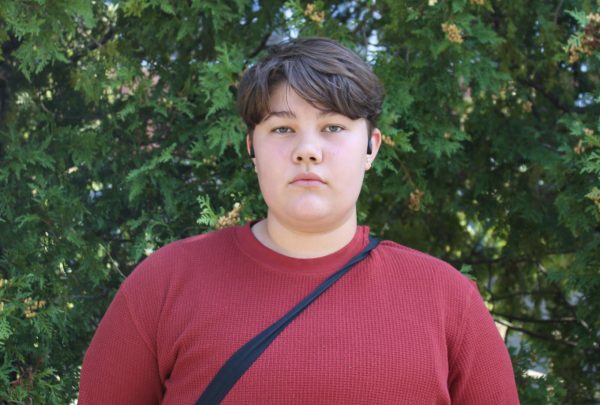By Aren Framil, Co-News Editor
During its Feb. 26 regular school board meeting, the TESD school board voted 8-0, with one abstention, in favor of the Resolution in Support of Fair Funding of Education. The decision opposes Pennsylvania Senate Bill 757, which aims to institute the Pennsylvania Award for Student Success (PASS) program.
The bill would create private school scholarships — known as school vouchers — of up to $15,000 for students in households below 250% of the federal poverty level, which is dependent on household size. Vouchers would only be available to students attending schools scoring in the lowest 15% of statewide performance tests.
The state Senate approved Bill 757 on Aug. 30, 2023 and sent it to the House of Representatives’ Education Committee for consideration.
The school board’s resolution asserts that the PASS program “diverts public money away from public schools and into non-public schools” and would “make the court ordered mandate for the fair funding of public schools more difficult to achieve.”
The PASS program would renew scholarships annually for students who qualify regardless of changes in household income level or student academic success.
The school board ad hoc legislative committee, which monitors how relevant pending legislation could affect TESD, wrote in the resolution that Bill 757 contains no meaningful reporting requirements or accountability.
“We’re not quite convinced that those funds would be limited only to students in ‘failing’ school districts or students and districts who want the opportunity because their school is not meeting certain standards,” school board president Todd Kantorczyk said.
After pushback from teachers’ unions and a budget stalemate, Pennsylvania Gov. Josh Shapiro passed the 2023 budget without the PASS program, line-item vetoing funding for the program. The most recent budget proposal designates more than $1.1 billion toward basic public education funding instead.
According to TESD Superintendent Dr. Richard Gusick, the Pennsylvania General Assembly is considering different strategies to resolve the inequities in public education funding.
“I think they’re in the process of figuring out what it is they need. It’s always hard to get agreement — everybody’s got a different idea or approach that they want to take,” Gusick said. “If there needs to be more funding for inadequately funded public schools, then the state has different mechanisms they could use to raise those funds and make sure those school districts are adequately funded.”
Aren Framil can be reached at [email protected].






















































































